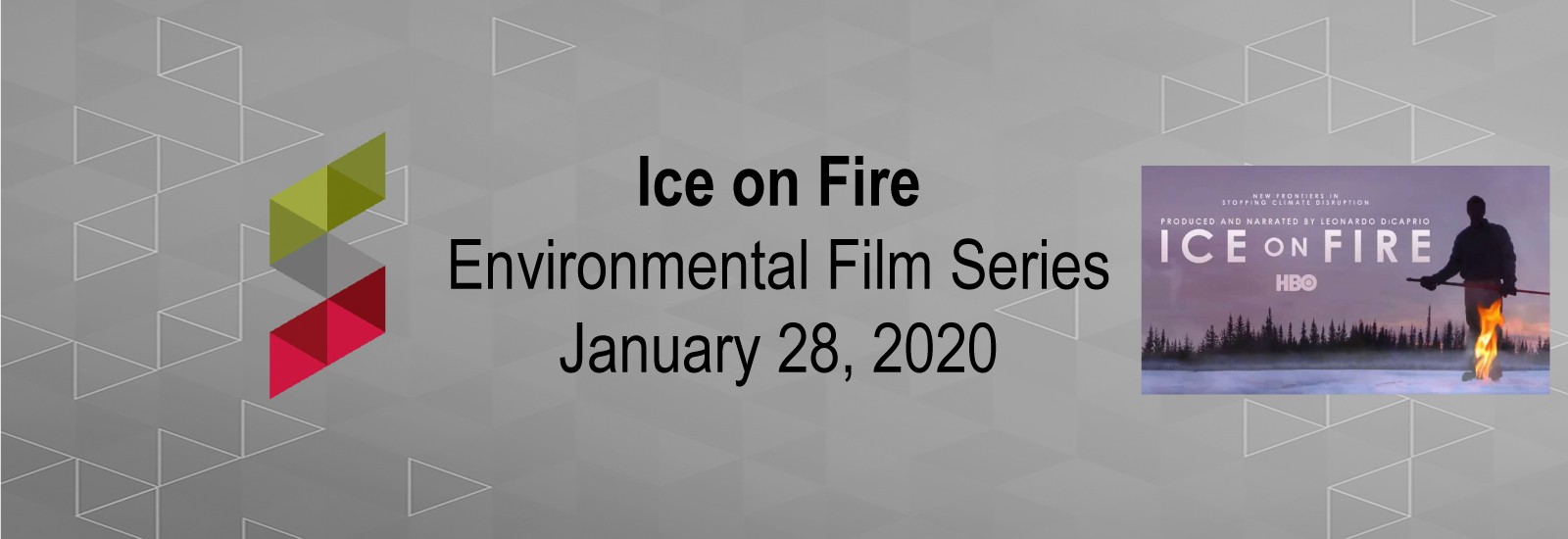5th Environmental Film Series with lively discussions led by Ohio State and local experts
Leonardo DiCaprio's newest documentary highlights firsthand accounts of people at the forefront of the climate crisis, with insights from scientists, farmers, innovators and others. Traditional renewable energy sources and new ones featured.
Exploring the devasting impacts of climate change, and potential solutions. 2019, 92 minutes. Produced and narrated by Leonardo DiCaprio.
Film Synopsis
Produced by Oscar-winner Leonardo DiCaprio, George DiCaprio and Mathew Schmid and directed by Leila Conners, Ice on Fire is an eye-opening documentary that focuses on many never-before-seen solutions designed to slow down our escalating environmental crisis. The film goes beyond the current climate change narrative and offers hope that we can actually stave off the worst effects of global warming. Eleven years after Conners’ first collaboration with DiCaprio on The 11th Hour, which emphasized the problems of climate change, Ice on Fire instead focuses on the cutting-edge research behind today’s climate science – and the innovations aimed at reducing carbon in the atmosphere, which could pave the way for a reduction in the global temperature rise and a benefit to the planet’s life systems. With sweeping cinematography of a world worth saving, Ice on Fire was filmed across the globe, from Norway to Alaska, Iceland to Colorado, Switzerland to Costa Rica to Connecticut. The film highlights firsthand accounts of people at the forefront of the climate crisis, with insights from scientists, farmers, innovators and others. Ice on Fire emphasizes the importance of an immediate, two-pronged approach to reversing the crisis: reducing carbon emissions through traditional renewable energy sources and new ones, like tidal energy, and implementing “drawdown” measures, focusing on methods for drawing down and sequestering carbon, including direct air capture, sea farms, urban farms, biochar, marine snow, bionic leaves and others.
Discussion Leader: Tom Darrah, Associate Professor, Ohio State School of Earth Sciences
